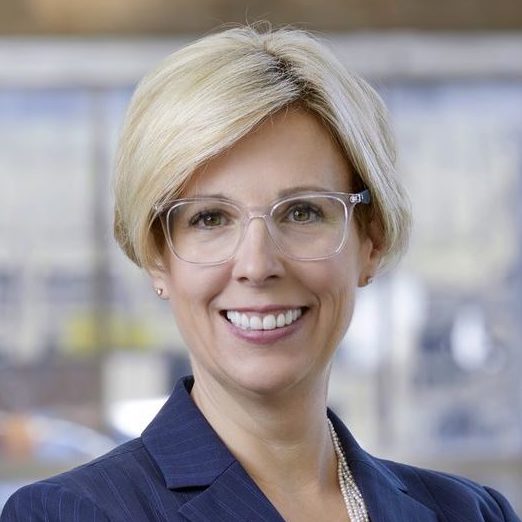Canada was one of 30 countries that signed a statement of COP that they would “end new direct public support for the international unabated fossil fuel energy sector by the end of 2022”. Prime Minister Justin Trudeau also told COP26 that Canada will impose a cap on oil and gas sector emissions today to ensure they decrease tomorrow at a pace and scale needed to reach net-zero by 2050.
All this takes place against a backdrop of rising energy prices and rates of inflation not seen for a generation. Canada is a country blessed with some of the most abundant energy resources in the world, yet most of the population does not understand how hydrocarbons are used, how critical they are to our daily lives, and the realistic timeline to replace them with a “renewable” alternative. A recent Nanos poll indicates that almost two-thirds of Canadians support immediately capping greenhouse gas emissions from the oil sands – even if it puts jobs at risk, according to a new poll.
There seems to be a chasm between well-intentioned government policies and our energy reality and eventually those two dynamics will converge. What will this mean for the Canadian energy sector?
A high-power panel of leading thinkers from the Canada energy sector addressed what energy transition means for the country from a practical perspective and what developments we can expect to see going forward. Watch the video recording of the event by clicking on the button below.







All times listed are MT
| Chair | Jason Langrish, President, The Energy Roundtable | |
| 12:00 pm | Welcome remarks | |
| 12:05 pm | Presentation on global energy demand and implications for energy transition
|
|
| 12:20 pm | Panel discussion: Energy Transition – Implications for Canadian Oil & Gas | |
Session Chair: Christine Milliken, Partner, Blake, Cassels & Graydon LLP (Calgary) |
||
| 1:00 pm | Q & A | |
| 1:20 pm | Close | |